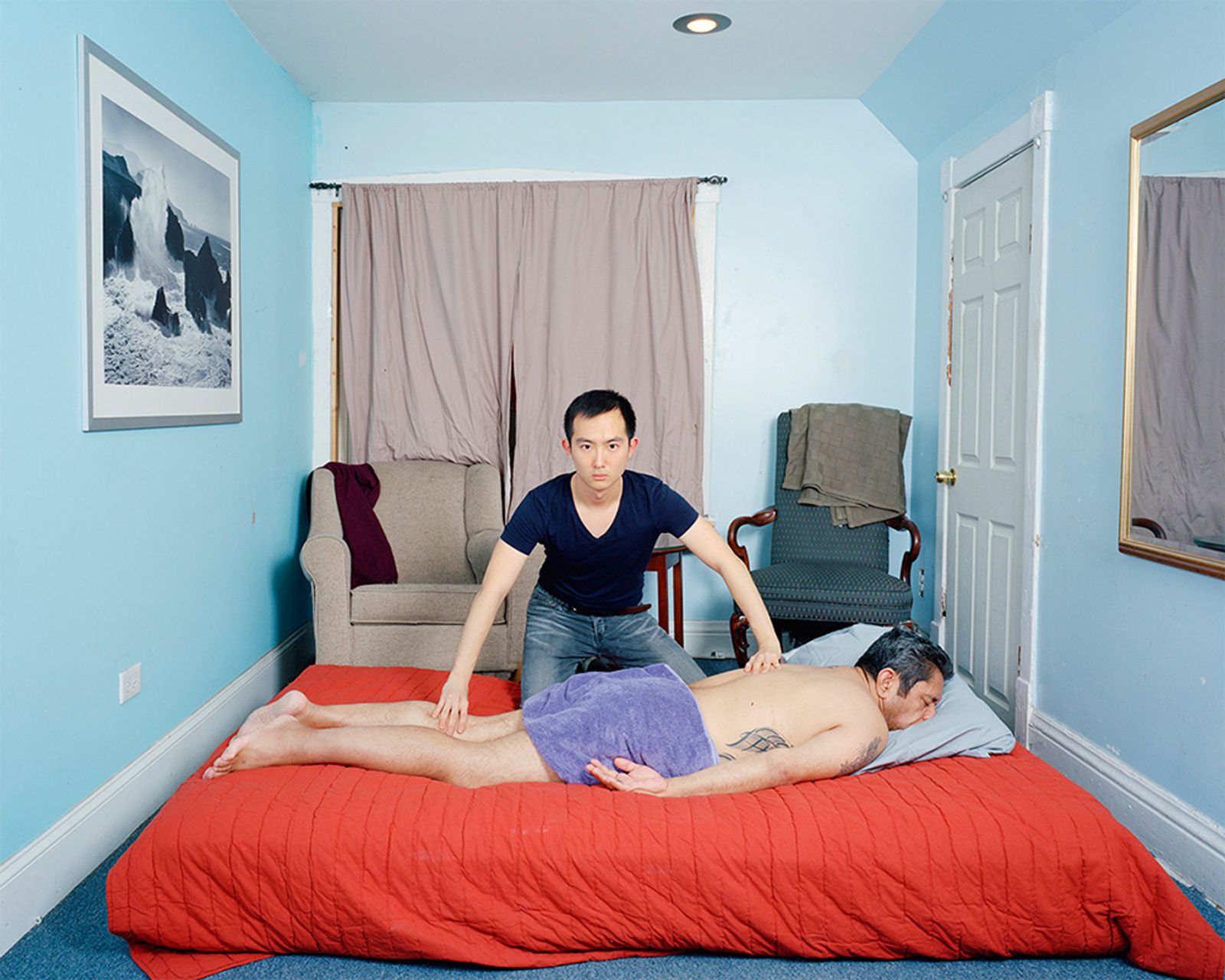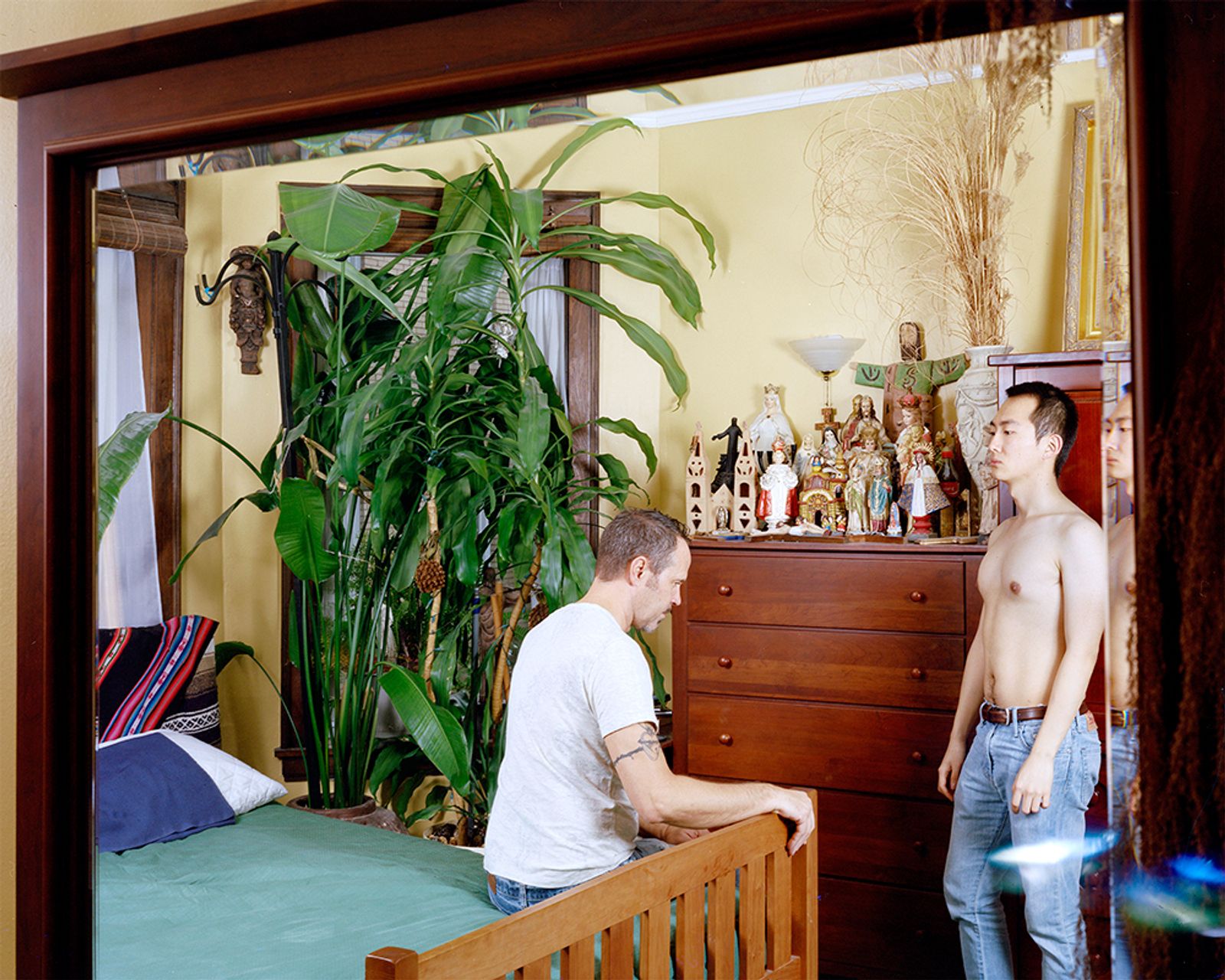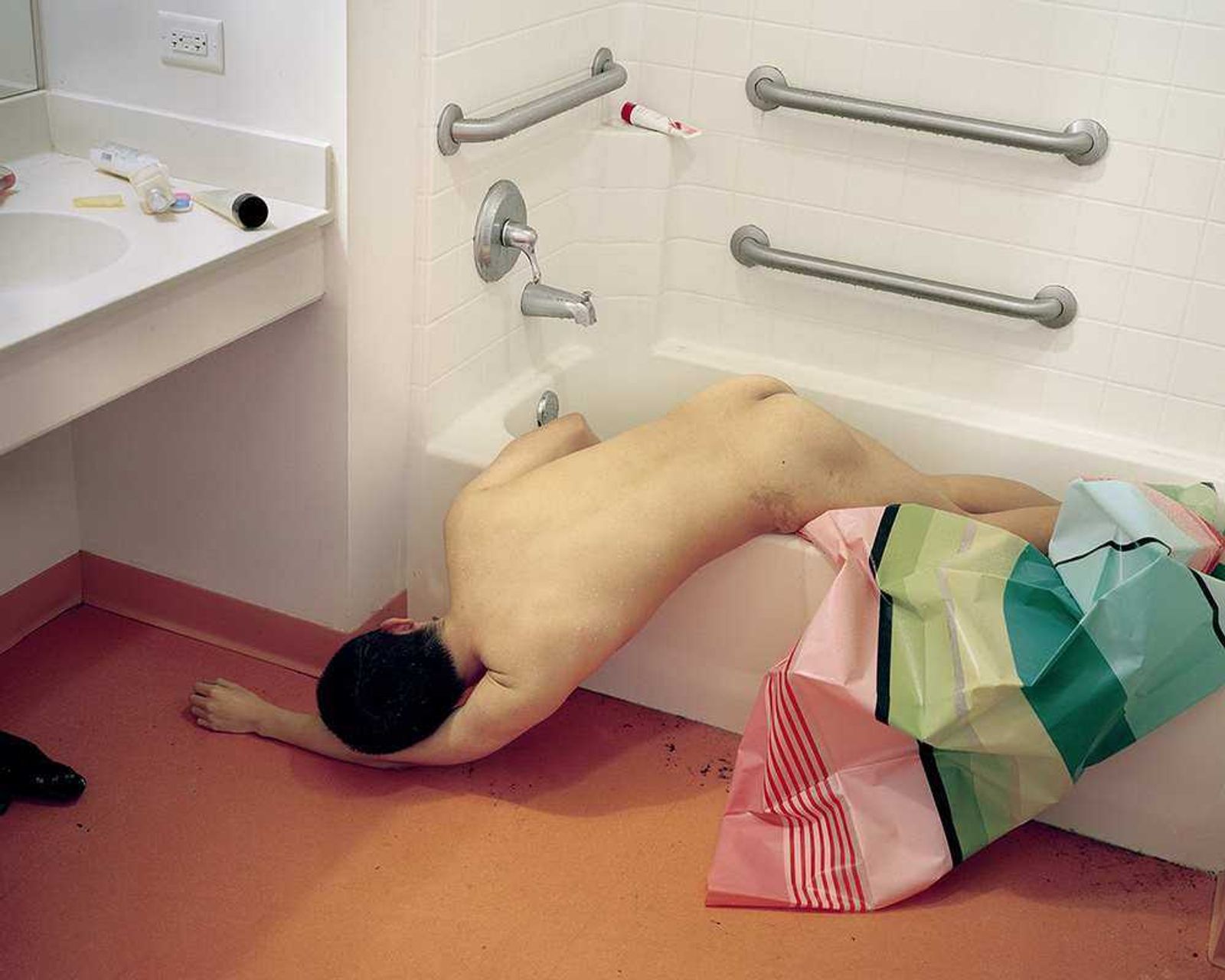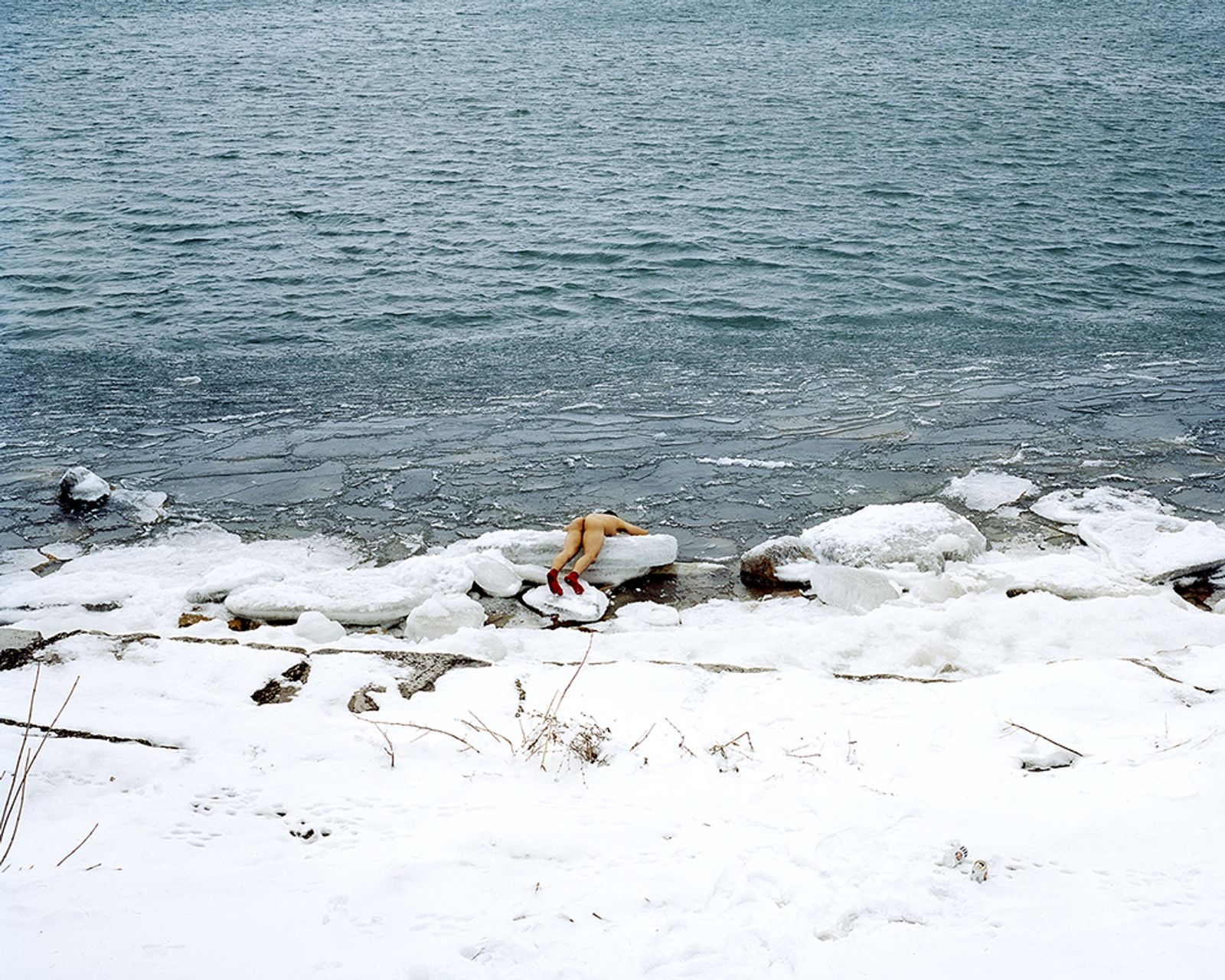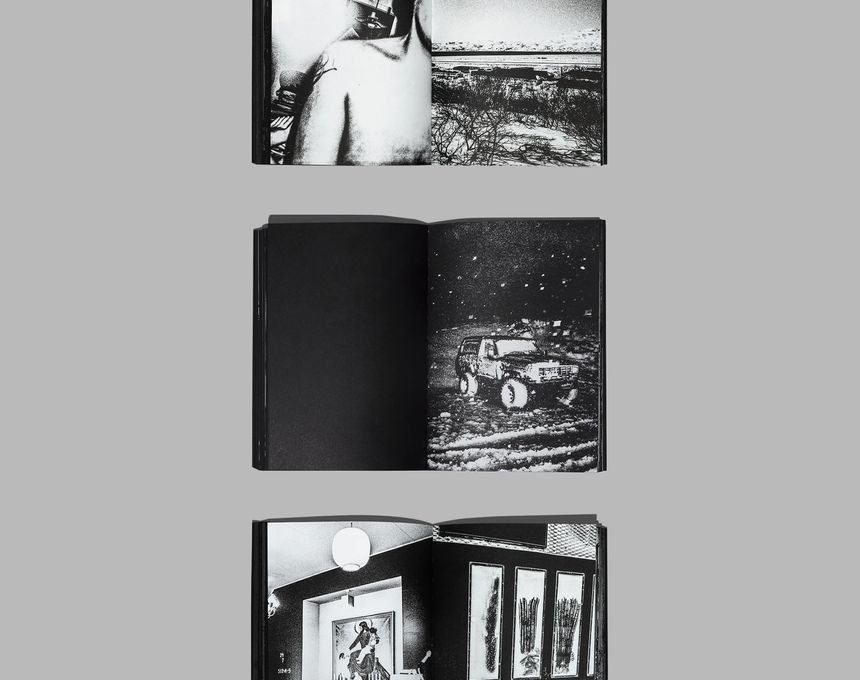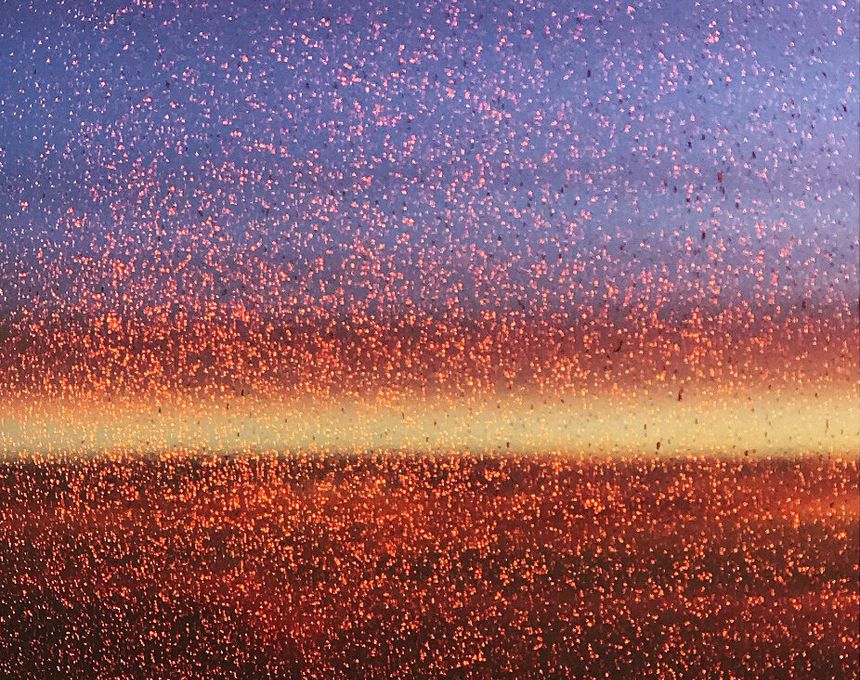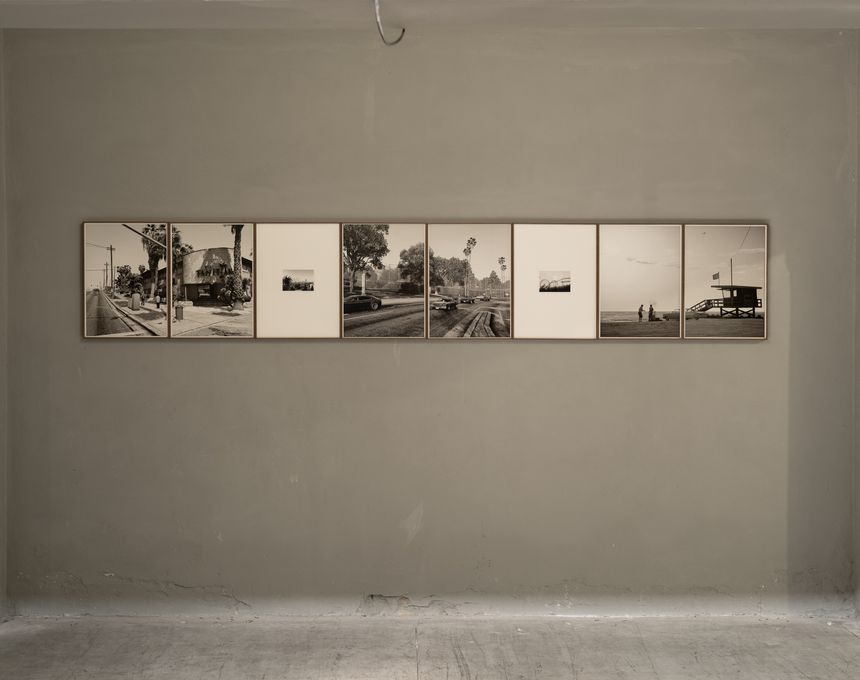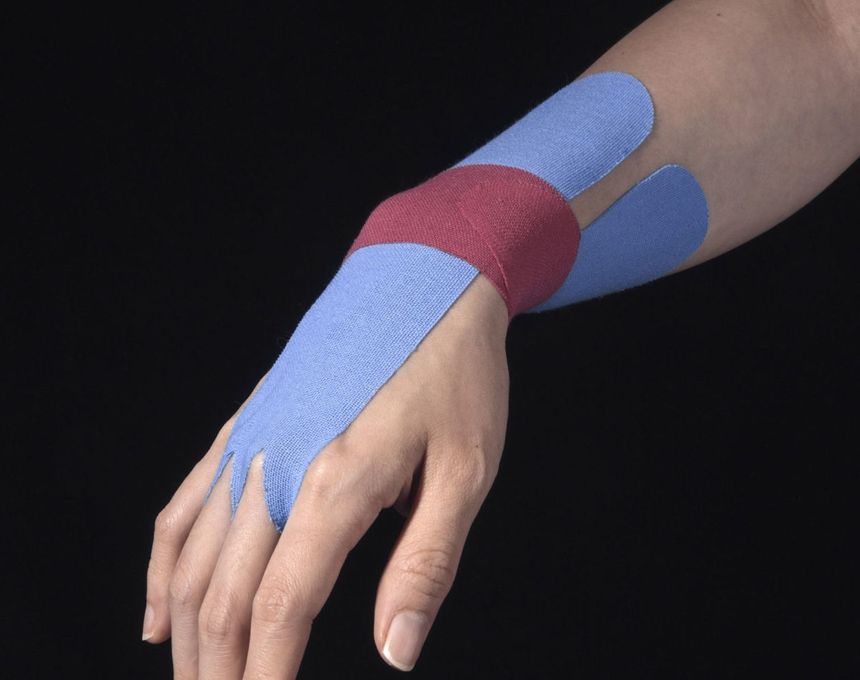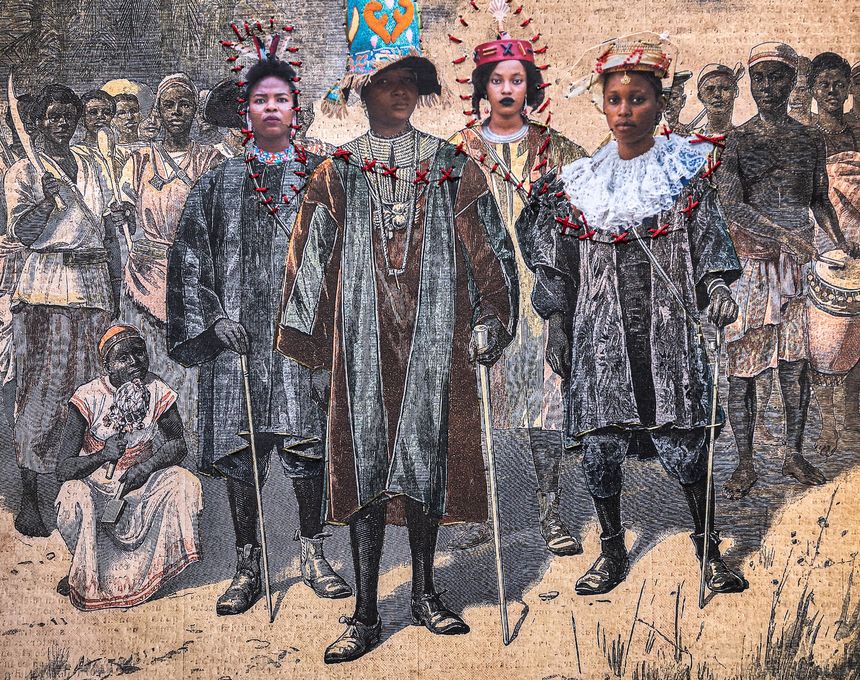In Search of a Utopian Land
-
Published23 Nov 2016
-
Author
In what it is a half fictional / half documentary series, we meet the stereotypes of a young Asian man in America.
In what it is a half fictional / half documentary series, we meet the stereotypes of a young Asian man in America.
Guanyu Xu, born in Beijing in 1993, has a BFA degree from the School of the Art Institute of Chicago and is currently based in Chicago. He was the recipient of the Fred Endsley Memorial Fellowship, and a finalist of the Lucie Foundation Emerging Artist Scholarship and the Luminarts Cultural Foundation Visual Arts Fellowship.
His works have been exhibited internationally in venues that include the Aperture Foundation, New York; the Center for Fine Art Photography, Fort Collins; New York Photo Festival, New York; The Union League Club of Chicago, Chicago; Orange County Center for Contemporary Art, Santa Ana; and the Embassy Tea Gallery, London, among others. His works have also been featured in such international publications as Aint-Bad Magazine, Der Greif, and China Photographic Publishing House.
How did you get into photography?
I started to take pictures when I was in high school for an online magazine that was created by my friends and myself. Then, I decided to go and study photography as a profession at the Beijing Film Academy.
How did your project, One Land to Another, begin?
It’s a combination of three projects originally: the self-portraits of my staged death, the American landscapes, and the performative self-portraits with other gay men. I mixed them together to present this half documentary / half fictional journey.
The project started from my confrontation with my homosexuality when I started to study at the School of the Art Institute of Chicago. I couldn’t come out before I arrived to the US, a country I always dreamt of coming to. I was really influenced by the media representation of the US as a “Land of Freedom”, and also the western queer culture. So the project began by creating images of my staged death. Through “realizing” my death, I actually confronted my fear for my safety and my internal homophobia that was constructed by society as I grew up.
The second element of my series is the landscapes of the US. I was really depressed when I finally realized that the US is significantly different from what Hollywood movies present. Thus, I went out and photographed, seeking the potential utopian land that I used to dream of. Although I used the traditional white male photographer’s way of photographing the US (mostly the Midwest since I was in school there), I wanted my images to include the feeling of contradiction: just like my journey of seeking a safe space.
The third part of One Land To Another is my portraits with other gay men. I deeply realize the lack of representation of Asian people in the mainstream media, the gay community, and the art world. Through constructing these images of myself with other gay men in different relations, I offer different representations. Sometimes, I perform as a stereotypical Asian character, while I use gesture and gaze to subvert it, sometimes I want to make an image that looks like from a film. The ultimate goal for me is to use these images to examine the white dominant gay world, where the discrimination towards people of color and feminine bodies is pervasive.
Why did you decide to include self-portraits in your project?
I’m afraid of portraits. I’m afraid of photographer's projection onto the subjects. I’m afraid of the violation of agency.
In several of your images your reflection appears in a mirror. Can you elaborate on your intensions behind this?
Creating contradiction in my work is really important to me. Mirroring is a way of reflection, a way of examining the represented subjects, a way of underlining the gazes of the photographer and the viewer.
You mentioned in your statement that through your project you are raising questions about homophobia,racism, misogyny and xenophobia. How do you feel you have successfully interrogated all of these issues?
I’m still working on my project and want to make it more critical. Hopefully I can be an influence, or give people the courage to resist these problems.
Would you say your images tackle the aforementioned issues universally, or rather more locally?
I tend to think that there is no universality, only different context. Artwork should have the ability to beinterpreted. I can envision my work exhibited in Europe to question their xenophobic issues (I do havegay friends who have encountered this problem there). And my work also can be exhibited in China, where some ofthe younger generation are influenced by western culture a lot, in terms of way of living and desires of a white muscular body, because of the Hollywood movies. Yet, when I create work, I need to thinkabout making work for my potential audience. That’s why I also create photographic installations to havethe room to negotiate with my potential viewers.
What do you think would be the reading of your project in China? Do you think it would differ frompeople in the United States?
Yes of course. Like I said before, a different context will have a different meaning. The experience Ihad when I was raised in Beijing was that part of the gay culture is really influenced by Japanese andAmerican culture. I didn’t have our own model to look up to as a Chinese gay man when I was young.Most of the influence I had was from Hollywood movies, where for the most of the time you could onlysee white queer characters in them. Thus, there is a certain tendency to desire the white body and their way ofliving. Think about the series produced by HBO, Looking, which is about a gay story in the San Francisco - it’s really popular in the gay community in China but you can’t find an important Asian gaycharacter in it! Seriously? It’s in SF. So, I guess for me I can bring another perspective if I exhibited inChina. But I think I tend to create new pieces in China and I’m planning to.
To learn more about this project, visit Guanyu's PHmusuem profile
